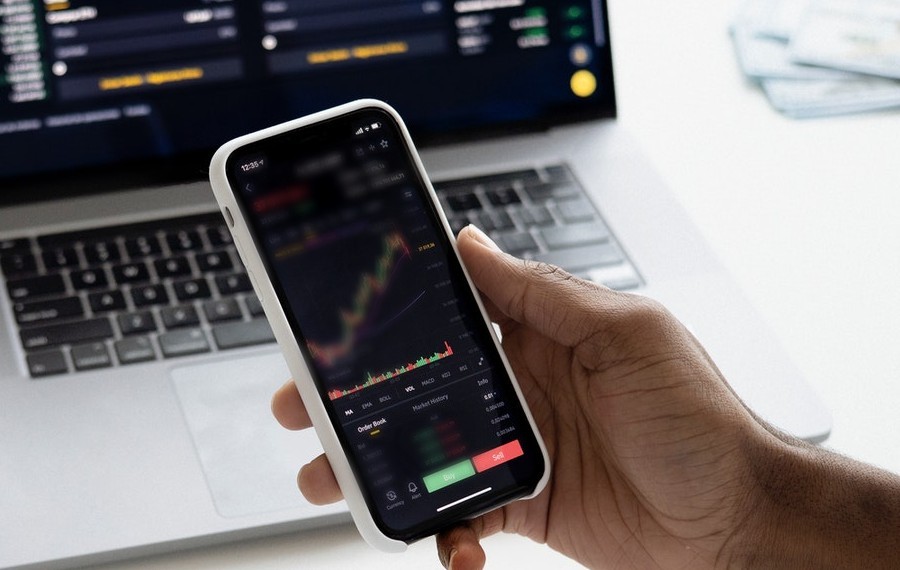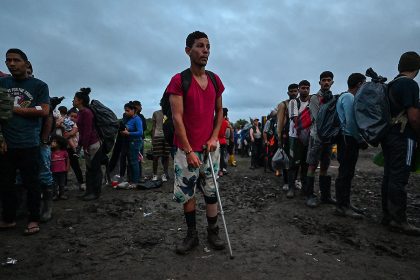The recent past has seen some fantastic growth in Forex trading on the back of technology, viable economic fundamentals, and increased interest by citizens in this form of financial markets in Nigeria.
With that in mind, Forex trading in Nigeria in 2025 can be shaped by looking at the various emerging trends in innovations. The following are what traders, investors, and those concerned with industry matters should closely observe regarding developments.
Read also: Top 5 Strategies for Success in Forex Trading in Nigeria
Increased Regulation and Market Oversight
Some of the main trends in forex trading in Nigeria include increased regulatory scrutiny. The Central Bank of Nigeria, along with other financial regulators, has been striving to put in place clearer guidelines that will protect traders and maintain stability within the markets.
By 2025, the state of regulatory frameworks is expected to get more robust, with stricter licensing for brokers and measures to control fraud on a higher scale.
This shift to tighter regulation is expected to bring about more transparency and, consequently, more trust in the forex market. Traders will expect changes in compliance requirements, such as mandatory reporting and adherence to AML policies. These will most likely weed out the unscrupulous brokers and make trading much safer.

Development and Introduction of New Technologies and AI Integration
Technology has been changing the face of forex trading across the world, and Nigeria isn’t an exception. Artificial intelligence and machine learning integrated into trading platforms are about to revolutionize the way traders monitor market trends and execute their trades.
For instance, in 2025, Nigerian traders will enjoy more advanced tools offering real-time insights, automated trading strategies, and predictive analytics.
Mobile trading applications are likewise becoming more user-friendly, hence giving easy access to forex markets. With the high smartphone penetration and improving internet infrastructure in Nigeria, more people are likely to be involved in forex trading. Besides, blockchain technology might increase the security and transparency of the transactions, which could boost trader confidence.
Retail Traders on the Rise
Another trend to watch is the increased interest in forex trading among retail investors. Many Nigerians have taken up forex trading in recent years as a way to augment their income. Social media, online tutorials, and mentorship programs have made it easier for people with little or no prior experience in the trade to get on board and start trading.
The same growth is slated to accelerate further by 2025, driven by a young population eager to explore new income opportunities. This emerging wave of retail traders does, however, suggest that proper education and risk management practices are in urgent demand to prevent significant losses.


Economic Factors and Currency Volatility
The continuous economic conditions of forex trading, in general, will be based on the dynamics that occur within this currency. Oil price changes, inflation, and government policy would be factors influencing fluctuations in the value of the naira.
Moving to the year 2025, any form of a signal relating to the macro rumblings of economies and geopolitical events that could hurt or help a currency is what traders would want to keenly pay close attention to.
Besides, some factors could work in favour of stability for the naira against excessive volatility, considering the recent diversification of the Nigerian economy from its overdependence on oil. With more stability, more long-term investors would be interested in the country’s forex market.
Education and Financial Literacy
Increased education and financial literacy will form one of the crucial bases upon which Forex trading in Nigeria will happen. With so many online courses, webinars, and trading communities popping up these days, it has become that much easier for up-and-coming traders to get the skills they need.
In 2025, this emphasis on education is bound to be stepped up with many institutions and platforms offering organized learning programs. This may also mean that financial literacy receives a boost from both government and private sector initiatives.
For the eventual attainment of sustainable growth in the forex trading community, traders should be empowered in the aspects of risk management, market analysis, and trading psychology.


Conclusion
The forex trading scene in Nigeria come 2025 will be improved in terms of regulation, through innovation in the use of technology, and especially with a rise in retail traders. These trends in development offer some wonderful opportunities but several challenges that will call for care to be navigated.
It is easy, though, provided the Nigerian traders remain updated and adapt to the dynamics, which keep altering in the ever-changing world of forex trading.







